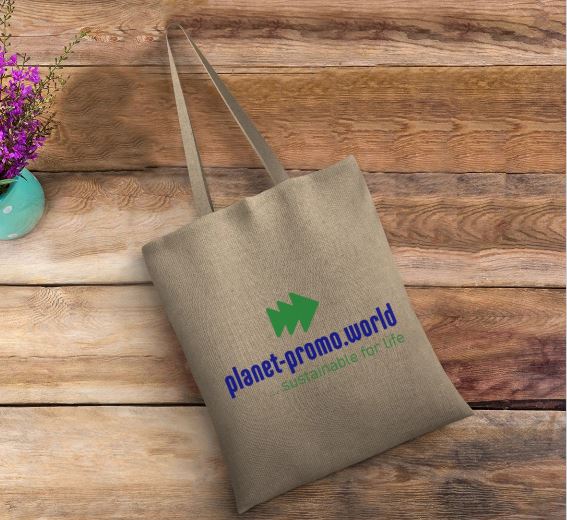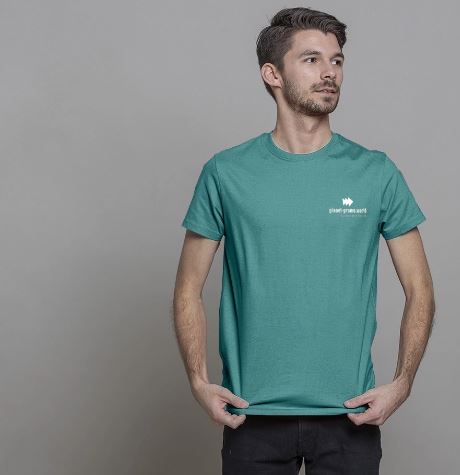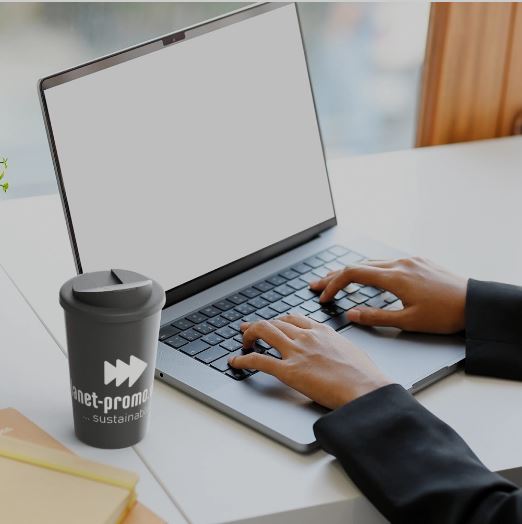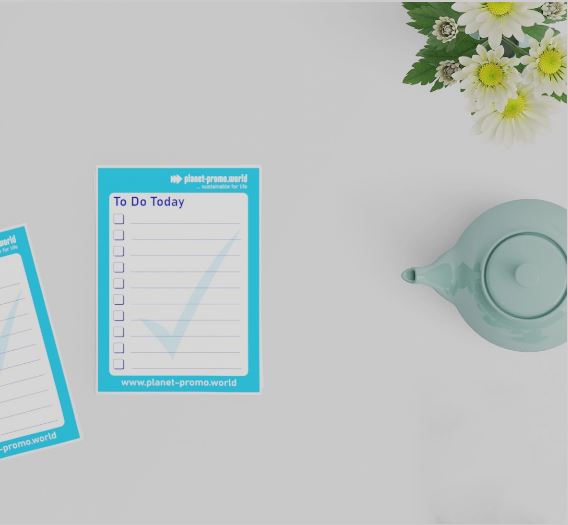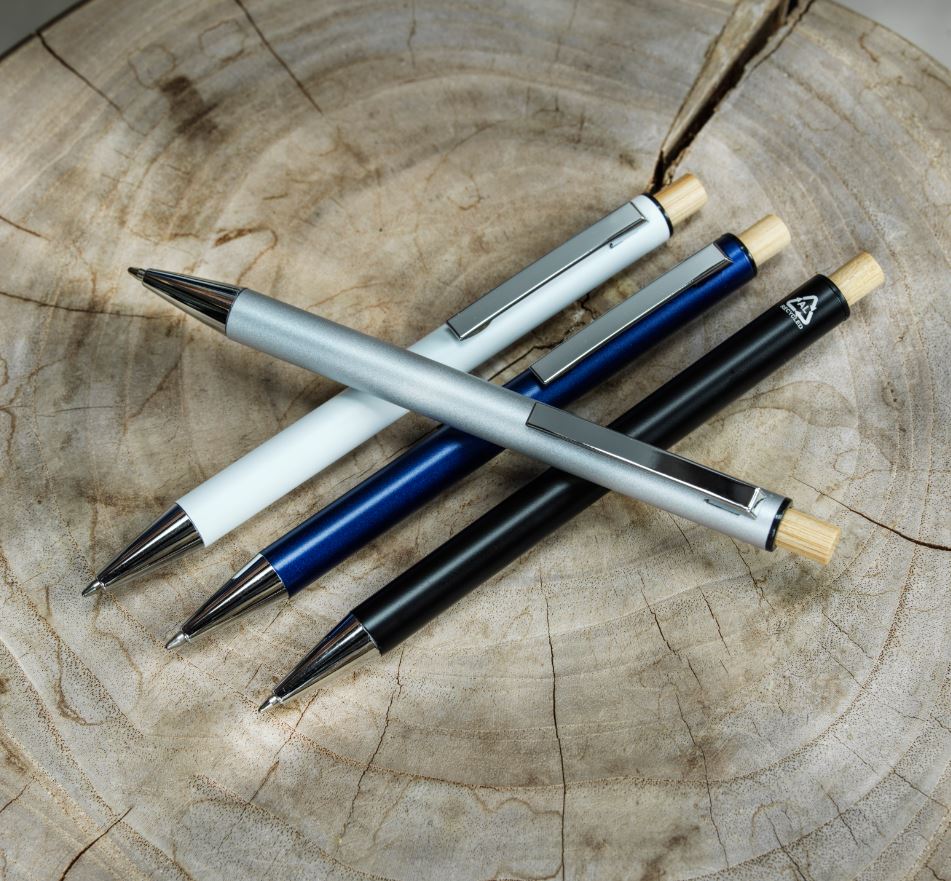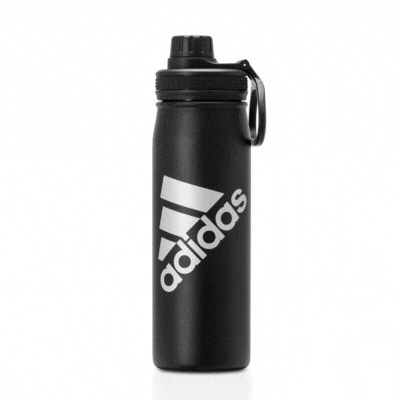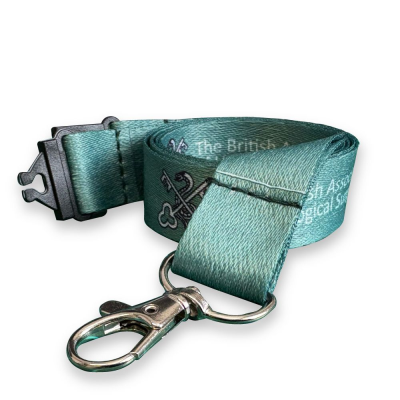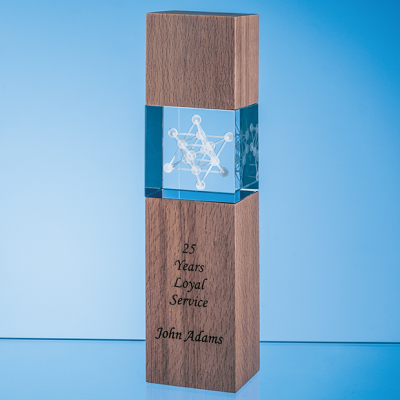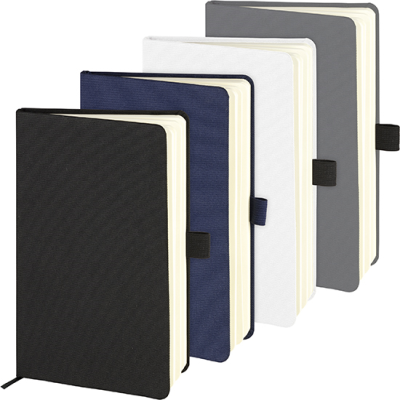I simply love this post from Phil Hobden
It poses a great question and points to a very obvious problem of the excess generated by promotional merchandise. And while he rightly directs a finger our industry, it is, of course, a far more widespread issue than just that. Our love of the latest tech, fast fashion, convenience foods, Amazon, big events etc creates extraordinary volumes of waste. Recycling arrangements are inconsistent from area to area and regulation lags far behind what is needed to clean up our planet.
Nevertheless, each of us has to do what we can. The sum of all our efforts is what eventually will make the difference and future generations will quite rightly judge us on the actions we take now. We have long been banging the drum for greater sustainability in our industry and recently changed our name of 20 years (Promobox) to Planet-Promo.World in order to stimulate more conversations with our customers around sustainability. In the meantime, there have been rapid and significant changes in an attempt to make promotional merchandise more sustainable. While this is welcome, some changes have been more effective and more real than others, although sadly many, it has to be said, are just greenwashing and offer little benefit. (e.g. Powerbanks wrapped in a thin veneer of bamboo, I am looking at you!). More change is needed for sure … and quickly!
How will this change come? In my humble opinion, there are 4 players in the game –distributors, buyers and consumers (arguably government too). Obviously we, as distributors, need to be knowledgeable about what has real sustainability and what is a sham and advise our customers accordingly. But we also need to be offering sensible advice in relation to the purchase of merchandise and be knowledgeable about the manufacturing, packaging, transport, durability and recyclability of what we sell. We have to encourage people away from the pile-‘em-high-sell-‘em-cheap mentality.
Buyers have a key role to play too. They can no longer make their claims to CSR and specifically sustainable practises while at the same time being uninquisitive about their merchandise and just buying on price. They need to be both curious and clear about the origins and impact of their purchases and simply be committed to generating less ‘stuff’. In a nutshell, for buyers this means: buy less, buy quality, buy appropriately and be demanding.
The third party in the love triangle is, of course, the end consumer. In my opinion they have as big a role to play as anyone else. Without being in any shape or form critical of you Phil for your collection of bottle (as I am just as guilty and have too many bottles, notebooks and pens), you only accumulate a cupboard full of bottles if you accept them when offered. It is possible to say “no, thanks, I have enough already!”. As an industry, we need consumers to reject ‘stuff’ just because it is free and only take what adds value to their lives.
With pressure from distributors, buyers and consumers, manufacturers will have no choice but to modify their portfolio. But they are cunning too – hence the plethora of greenwashing products that now abound. I mentioned bamboo-covered powerbanks earlier, just as an example, not as the worst offender. Does anyone really think they will save the planet? They are made in the Far East (lower regulation, higher transport footprint), they are generally of a very low specification (not valued long-term by consumers), they are made to price (cheap materials, not durable), they are coated with a thin veneer of non FSC bamboo (some panda’s breakfast) and are destined for landfill. But if buyers said no and consumers said no, they would not exist.
So what I am saying is that the change that is needed will only come from a team effort – the sum of all that we do. As distributors, buyer and consumers we have to reject the cheap, the flimsy, the excessive, the undesirable and the unnecessary. We are none of us perfect, but we can all commit to doing better today than we did yesterday and better again tomorrow for sustainability is a journey we are all on and the only destination is improvement.
Before signing off, let me thank Phil for his post. It is so right, so to the point. But all is not lost. After years of searching, we have found a truly sustainable corporate gift and are pleased to offer it to our customers. You can read about it here. People will be able to pick one up at our stand at the @businessCulture in Hull on 10th April. I hope you can make it!
David Reid, MD

